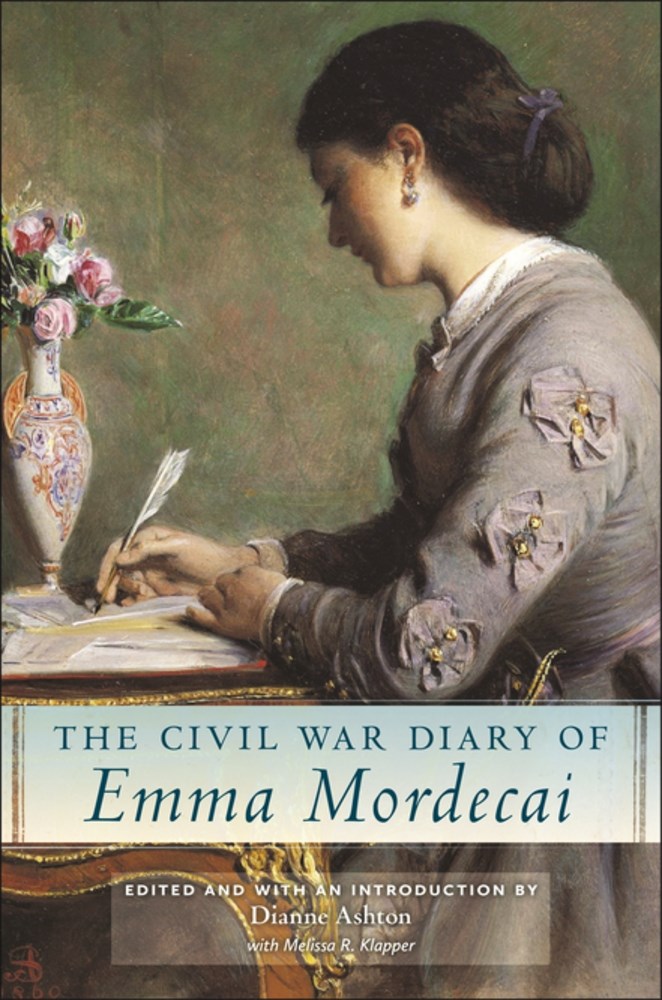2018 School Spending Survey Report
The Civil War Diary of Emma Mordecai
COPY ISBN
VERDICT While accessible to general readers, the difficult thematic elements of this text will probably make it more suitable for specialized audiences.
RELATED
ALREADY A SUBSCRIBER? LOG IN
We are currently offering this content for free. Sign up now to activate your personal profile, where you can save articles for future viewing




Comment Policy:
Comment should not be empty !!!